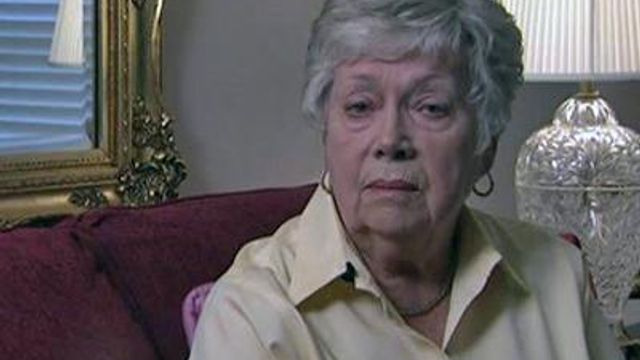Duke study: Checking blood pressure at home more beneficial
Fewer than 40 percent of people with hypertension in the United States have adequate control of their blood pressure, which puts them at greater risk of heart attack and stroke. A new Duke study found an effective way to help those patients at home.
Posted — UpdatedA new Duke study found an effective way to help those patients at home.
Christine Rodio, 78, is a retired nurse who has wrapped a blood pressure cuff around many patients’ arms. She developed hypertension in her 50s but never considered taking her own blood pressure.
“I didn't really think that it was anything dangerous or anything to really be concerned about,” she said.
Rodio joined a two-year study at Duke and measured her own blood pressure every day at home, rather than depending on the results of two or three times a year in her doctor's office.
“(It’s the) white coat phenomenon. Someone comes in with a white coat, your blood pressure might start spiking a little bit and it may not reflect what really is going,” said Dr. Hayden Bosworth, a Duke University professor of medicine.
In addition to training patients in the use of blood pressure equipment, some of them received regular calls at home from a nurse. The conversations are the same patients might have in their doctor's office, such as adjusting medication or making changes in diet and exercise.
“So it was a combination of self monitoring and the nurse calling them is what we found the biggest effect, which we showed about an 11 percent improvement in blood pressure control,” Bosworth said.
Rodio said she counts herself among those whose blood pressure control improved. She reported better results after reducing salt in her diet and spending more time on the golf course or walking with her husband, Cy.
“It made me aware of how important it was to know what my blood pressure was,” she said.
Duke researchers said they believe the home blood pressure monitoring will become more necessary due to a short supply of primary care physicians and an aging population.
• Credits
Copyright 2024 by Capitol Broadcasting Company. All rights reserved. This material may not be published, broadcast, rewritten or redistributed.





